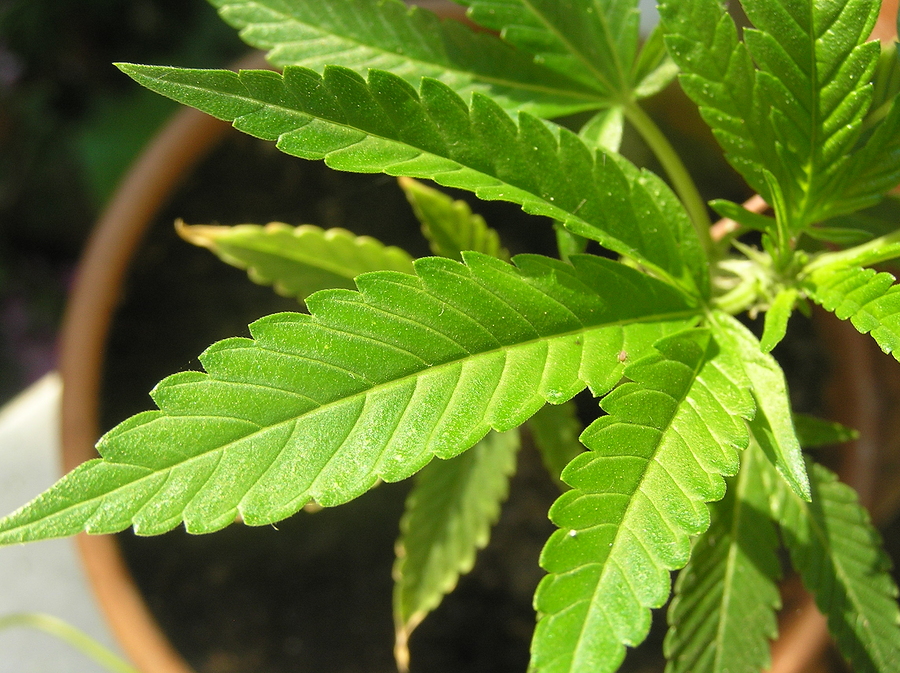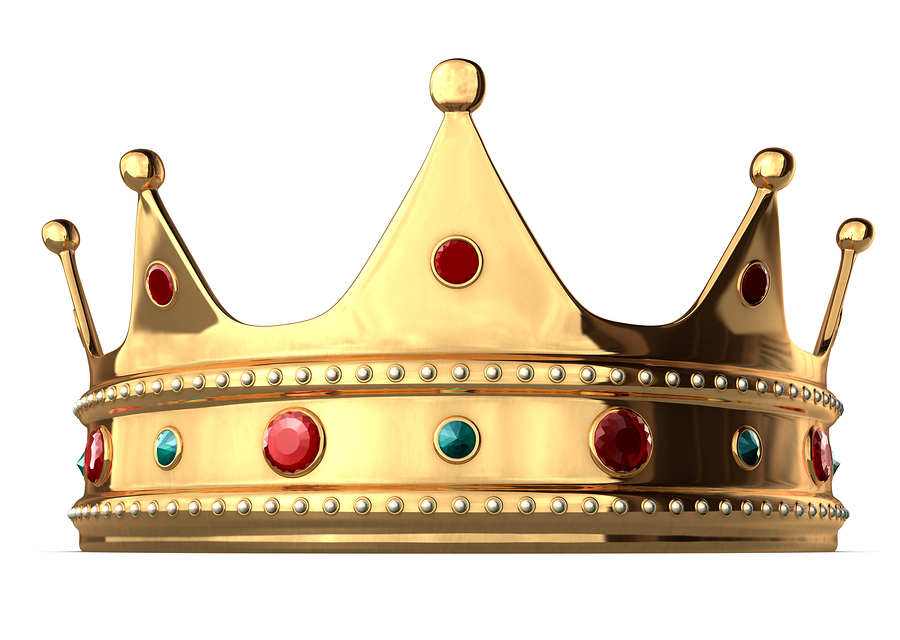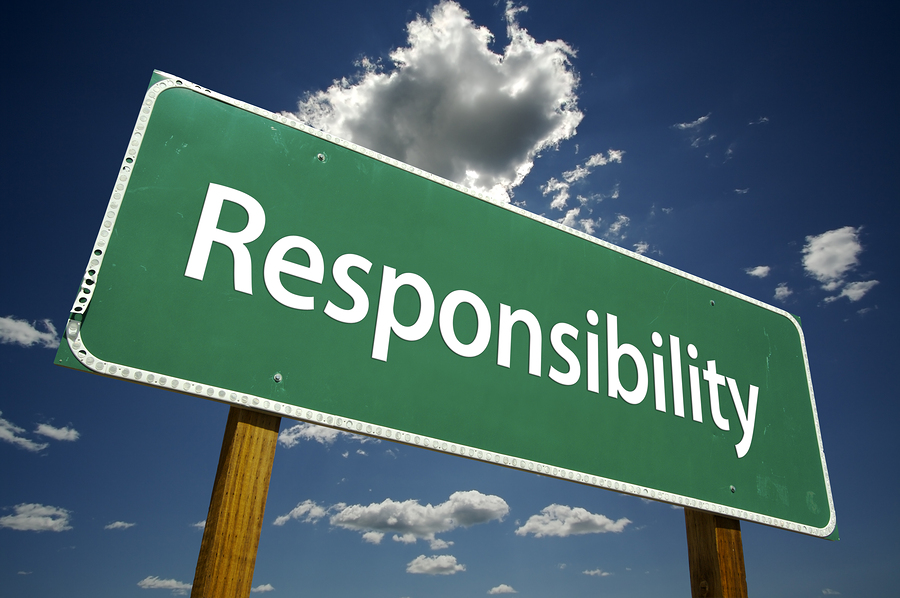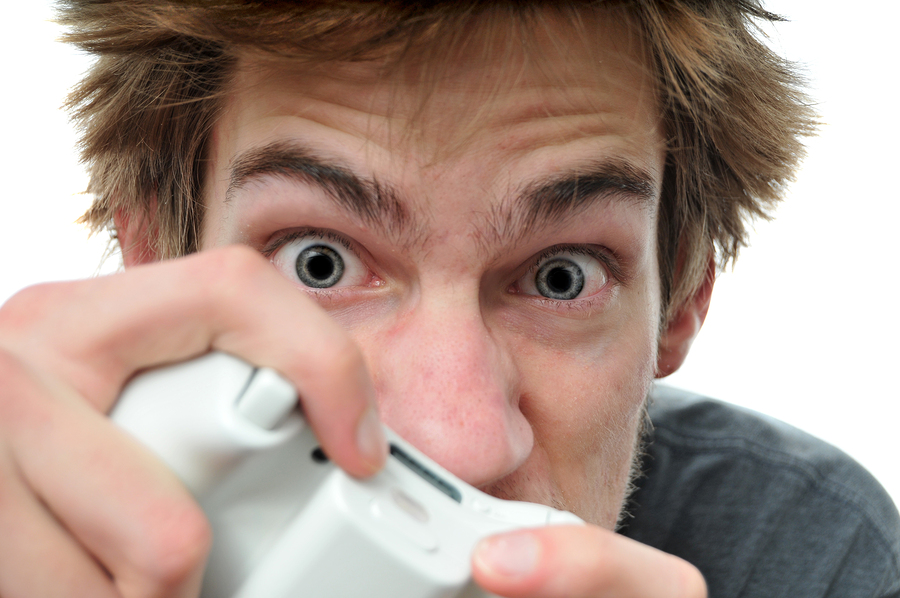The DSM-5* is proposing that premenstrual syndrome (PMS) is a mental disorder.
 I guess that means that as of May 2013 when this is published, half the population will be classified as disabled by virtue of their gender. Hm…
I guess that means that as of May 2013 when this is published, half the population will be classified as disabled by virtue of their gender. Hm…
As a woman and a mental health professional, I have a problem with seeing natural parts of life as pathological. Aging is not a disease. Child birth does not have to require a surgical procedure. Grieving is not necessarily mental health issue. Premenstrual syndrome is not pathological. All of these things may be problematic, but they are normal parts of life.
The benefit to this classification is that it will make it easier to get treatment for mental health related symptoms. The downside is that women may be stigmatized as “sick” and encouraged to accept symptoms as normal and debilitating. I say, “NO!”
Here are some natural ways to deal with the symptoms that might help you. I am not a physician. I am not suggesting that you try any of these. I am just saying that others have had success with it. Everyone is different. Before you attempt to self-diagnose or self-treat, it’s always best to get the guidance of a qualified health professional.
Calcium
Studies suggest that calcium levels are lower in women with PMS and that calcium supplementation may reduce the severity of symptoms. A large study looked at 1057 women with PMS and 1968 women without PMS. Women with the greatest intake of calcium from food sources had the least PMS symptoms. Food sources include milk, cheese, yogurt, broccoli, and greens.
Another study found that 300 mg of calcium carbonate four times a day significantly reduced bloating, depression, pain, mood swings, and food cravings.
Magnesium
In some studies with small groups, magnesium supplements were found to significantly improve PMS mood changes within the first cycle. By the second cycle some also reported a significant reduction in weight gain, swelling of the hands and legs, breast tenderness, and abdominal bloating.
People with heart or kidney disease should not take magnesium supplements without consulting their doctor. Side effects of excess magnesium can include upset stomach and diarrhea. It can also cause nausea, vomiting, low blood pressure, slowed heart rate, deficiencies of other minerals, and confusion. Magnesium may interact with antibiotics, blood pressure medications, diabetic medications, digoxin, levothyroxine, and tiludronate (an osteoporosis medication) and should only be taken together under medical supervision.
Calcium and magnesium work hand in hand. If magnesium levels fall, calcium cannot be used by the body. Excessive magnesium also causes imbalance issues. Be careful when supplementing any vitamin or mineral to make sure things stay in balance.
Natural sources of magnesium are leafy vegetables, cereals, milk products, nuts, legumes, bananas, raisins, and figs.
Chaste Berry
Chaste tree (Vitex agnus-castus) berry is one of the most popular herbs for premenstrual syndrome. As with most herbs, it takes time for benefits to appear – up to 90 days in this case. However, women taking chaste tree report significant improvements in irritability, depression, headaches, and breast tenderness. You can find this in your better grocery stores and health food stores. It is often blended with other herbs and sold under the label Vitex. Chaste berry should not be used by nursing or pregnant women. Other herbs that may help are black cohosh, sarsaparilla, red clover and tribulus terrestris.
Reduce Processed Sugar
There are some studies that suggest PMS is a result of malnutrition. It’s not that we aren’t getting enough calories. We are taking in the wrong types of calories- mainly too much processed food. Processed food is where hidden sugar lurks. If it comes in a bag, box or can, it probably has processed sugar in it. Sugar changes the way our brains function. The change in hormones before our periods also change our bodies. Add the two together and you can end up with pain and mood swings. Americans eat 31 teaspoons of sugar per day. Reducing your sugar intake overall is a good idea, but particularly if you have PMS.
While some say that it’s okay to indulge your cravings for sugar at this time, this only helps in the short run and leads to a bigger crash later. Instead deal with the underlying cause for the craving by taking a B complex vitamin and eating complex carbohydrates for a slower, steadier release of fuel.
Apple Cider Vinegar
I wasn’t able to find any studies on this but it’s an old wives tale that supplementing your diet with apple cider vinegar helps reduce, if not eliminate, the symptoms of PMS. To view a personal testimony, click here. It’s cheap, natural and non-toxic, so I’d give it a try. You have little to lose.
Food Grade Diatomaceous Earth
This is another old wives tale that seems to have some teeth to it. I can’t find any information on what this does specifically to alleviates PMS symptoms, but diatomaceous earth (DE) has so many health benefits (better skin, healthy nails, overall detoxifying, more energy, better sleep, regular bowel movements, better immunity, and more) that it could just be that a healthier body is less reactive. If you want to try it, make sure that it is FOOD GRADE DE. You can buy it here among other places.
MSM
MSM is a natural anti-inflammatory that has many other health benefits as well. Some say that this doesn’t have any effect on PMS. Others say that not only does it improve those symptoms, but eliminates others as well. MSM is a natural component of the foods we normally eat and is not believed to be toxic. A laboratory study examining doses up to 8 g per kilogram of body weight per day (about 250 times the highest dose normally used by humans) reported that no toxic effects were seen. 1 Maximum safe doses for young children, pregnant or nursing women, or people with liver or kidney disease are not known. Possible drug interactions are also not known. Don’t take it after 2:00 p.m. as it may cause sleeplessness.
Exercise
Exercise releases tension and endorphins, these feel good hormones that are pain reducers. The increased blood flow may also flush out toxins and fluid. Many women report that their symptoms disappear after working out. For best results, choose an aerobic activity. Do it thirty minutes a day five days a week.
Sleep
Your body needs rest to restore itself. If you are not getting 7-8 hours of restful sleep per night, your symptoms may be intensified.
Meditation
Whether you are doing seated meditation or some type of moving meditation like yoga or qigong, this practice acts as a stress reducer that may help cope with PMS symptoms and reduce their severity. (Note: some types of qigong are not recommended during menstruation itself as the increased flow of energy may make periods heavier).
As you can see, PMS is not inevitable. Being a woman does not mean you are mentally disordered. If you do suffer from PMS symptoms, there are many ways to improve or eliminate them.
*Diagnostic and Statistical Manual of Mental Disorders (DSM) is the standard classification of mental disorders used by mental health professionals in the United States and contains a listing of diagnostic criteria for every psychiatric disorder recognized by the U.S. healthcare system.
Laura Giles, LCSW is a contributing blogger for JenningsWire.





